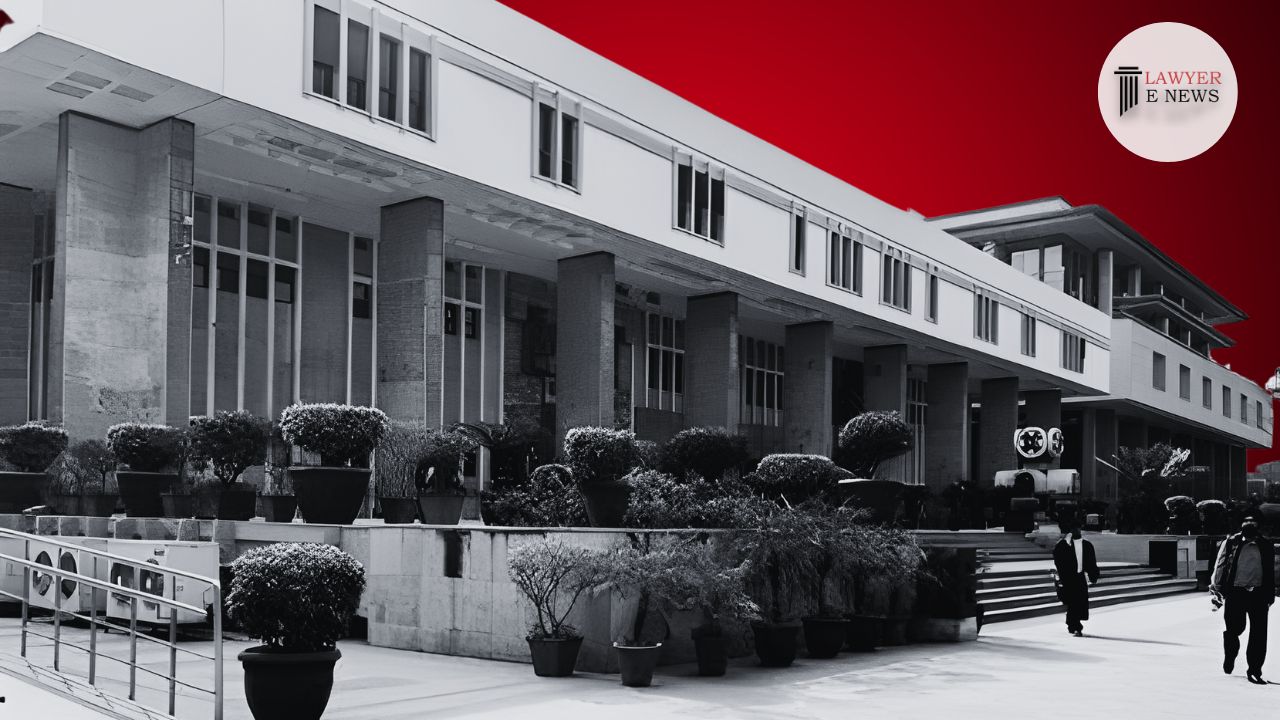-
by sayum
14 February 2026 2:22 PM



The Bombay High Court has ruled in a significant judgment that the Airports Authority of India (AAI) cannot deny maternity leave to an employee based on the number of children she had before her employment. The judgment was delivered on the interpretation of the AAI (Leave) Regulations, 2003 concerning maternity benefits.
Legal Point of Judgement: The court examined whether the condition under the AAI Leave Regulations 2003, stipulating fewer than two surviving children for eligibility to maternity leave, applies to children born before the commencement of employment with AAI.
Facts and Issues: The case revolved around an employee, Petitioner No.2, who had one child from a previous marriage before joining AAI and two more children after her employment. AAI denied her maternity leave application for her third child, citing the regulation that restricts maternity leave to employees with fewer than two surviving children.
Interpretation of Regulation: The court observed that the purpose of maternity leave regulations is to help the employee recover post-pregnancy and take care of the newborn, thus ensuring her efficiency as a worker remains intact. Justice Jitendra Jain noted, “The objective of this Regulation is to give maternity leave benefit and not to curb the population.”
Constitutional Mandates: The judgment reinforced that maternity leave is a right protected under various constitutional articles including Article 42, which mandates just and humane conditions of work and maternity relief.
Beneficial Regulation: The court emphasized that beneficial regulations like those for maternity leave should be liberally interpreted to support the employee’s rights, especially concerning childbirth and child-rearing, which are integral to a woman’s dignity and privacy under Article 21.
Non-applicability of the ‘Two Children’ Norm: It was decisively noted that conditions imposed by AAI’s 2003 Regulation do not apply to children born prior to the commencement of the employee’s service with the organization. The regulation’s intent, as per the court’s interpretation, is to limit the application of maternity benefits to two instances during the employee’s tenure, not to limit the number of children she can have before employment.
Decision: The court allowed the writ petition, quashing the communications denying maternity benefits to Petitioner No.2 and directed AAI to grant maternity benefits for the delivery on September 3, 2012, within eight weeks from the date of the judgment.
Date of Decision: May 10, 2024
Airports Authority of India Workers Union & Anr. Vs. The Under Secretary,
